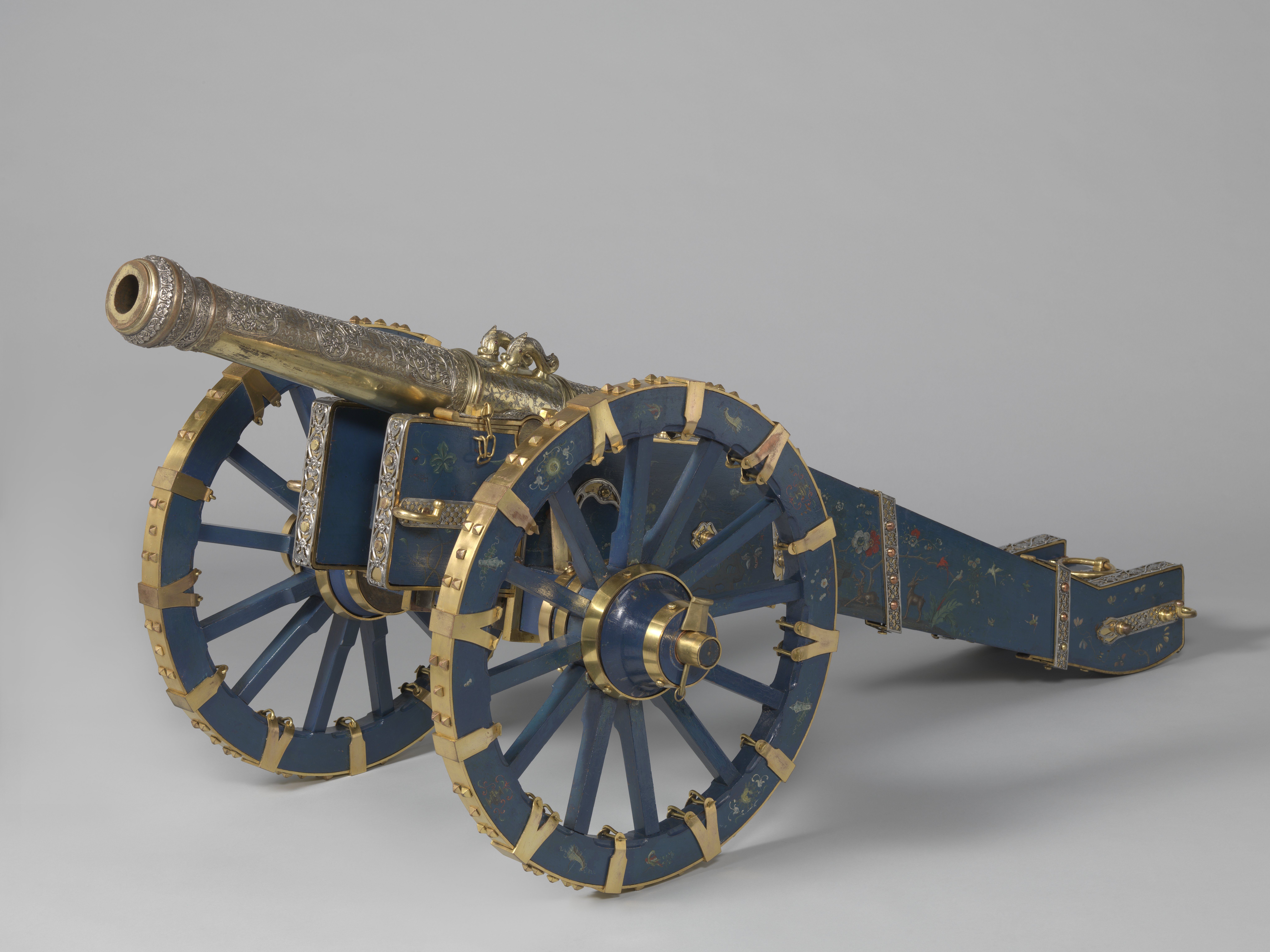‘Historic moment’ as Dutch return 484 colonial looted objects
Senay Boztas
The culture ministry has announced that the Netherlands is repatriating 484 artworks at the request of Sri Lanka and Indonesia.
The restitution is the first major decision on repatriation of colonial collections, three years after a report recommended that tens of thousands of objects with a dubious provenance should be given back where possible.
Gunay Uslu, junior minister for culture, said in a press release that this was a historic moment. “This is the first time that on the basis of advice from the Colonial Collections commission are giving back objects that never should have been in the Netherlands. But we are not just giving things back: we are starting a period in which we will work more intensively with Indonesia and Sri Lanka.”
The objects to be returned are mostly in the Rijksmuseum and Dutch National, Museum of World Cultures, which previously said that half of its collection of almost 450,000 objects is tied up with a colonial past and that it was willing to return stolen art. Highlights of the restitution are the Lombok treasure from Indonesia and a richly jewelled cannon used to welcome visitors of the king of Kandy from Sri Lanka. There will be 478 objects “of cultural significance” returned to Indonesia.
Last summer, Indonesia asked for the return of multiple objects and Sri Lanka asked for the return of another six in the Rijksmuseum. A decision has yet to be made on the “Dubois” collection in the Naturalis museum in Leiden, with 40,000 fossils purloined by Dutch explorer Eugène Dubois at the end of the 19th century including the so-called “Java man”.
Director of the Dutch National Museum of World Cultures Marieke van Bommel, told NOS radio that this was the “start of a really beautiful process”. She said: “Some of the provenance is not correct, and we want to set this right together.”
In response to concerns about whether museums would be stripped of their best assets – which played a role in historic Dutch restitutions policy on Nazi looted art – she said: “It is not the case that all of the collection is stolen because things were also simply bought. Now, we need to ensure that there is recognition and that we set right injustice.”
Taco Dibbits, general director of the Rijksmuseum said in a statement: “We appreciate the decision and regard this restitution as a positive step in cooperation with Sri Lanka. The relationship and exchanges of knowledge built up between the two nations in the fields of research and common history constitute a strong foundation for the future.”
The new noises are a dramatic change from the mood in the past, points out art law specialist Gert-Jan van den Bergh of law firm Bergh Stoop & Sanders. After the United Nations condemned a great exodus of artefacts to the West in the colonial era in 1973, a staff member of the Tropenmuseum, part of the National Museum of World Cultures, said: “Stories about robbery are often greatly exaggerated.”
Van den Bergh told Dutch News that the latest decision was an “important step but just a first step” because the Netherlands has some 270,000 colonial era objects. In his view, restitutions could be more complex than with Nazi looted art because of the question of which and whether communities, rather than states, have a claim.
“We should put this in a much broader perspective,” he added. “Think of the Black Lives Matter movement, the discussions regarding the most important moments of Dutch history changing, Mwazulu Diyabanza, who stole objects from the Afrika Museum and was arrested, the toppling of statues of colonial figures. Things are moving, and that is the good thing.”
The symbolic handover to the National Museum of Indonesia in Jakarta will take place on July 10.
Thank you for donating to DutchNews.nl.
We could not provide the Dutch News service, and keep it free of charge, without the generous support of our readers. Your donations allow us to report on issues you tell us matter, and provide you with a summary of the most important Dutch news each day.
Make a donation